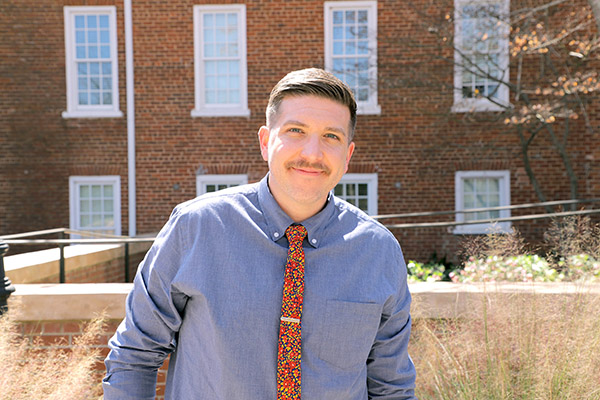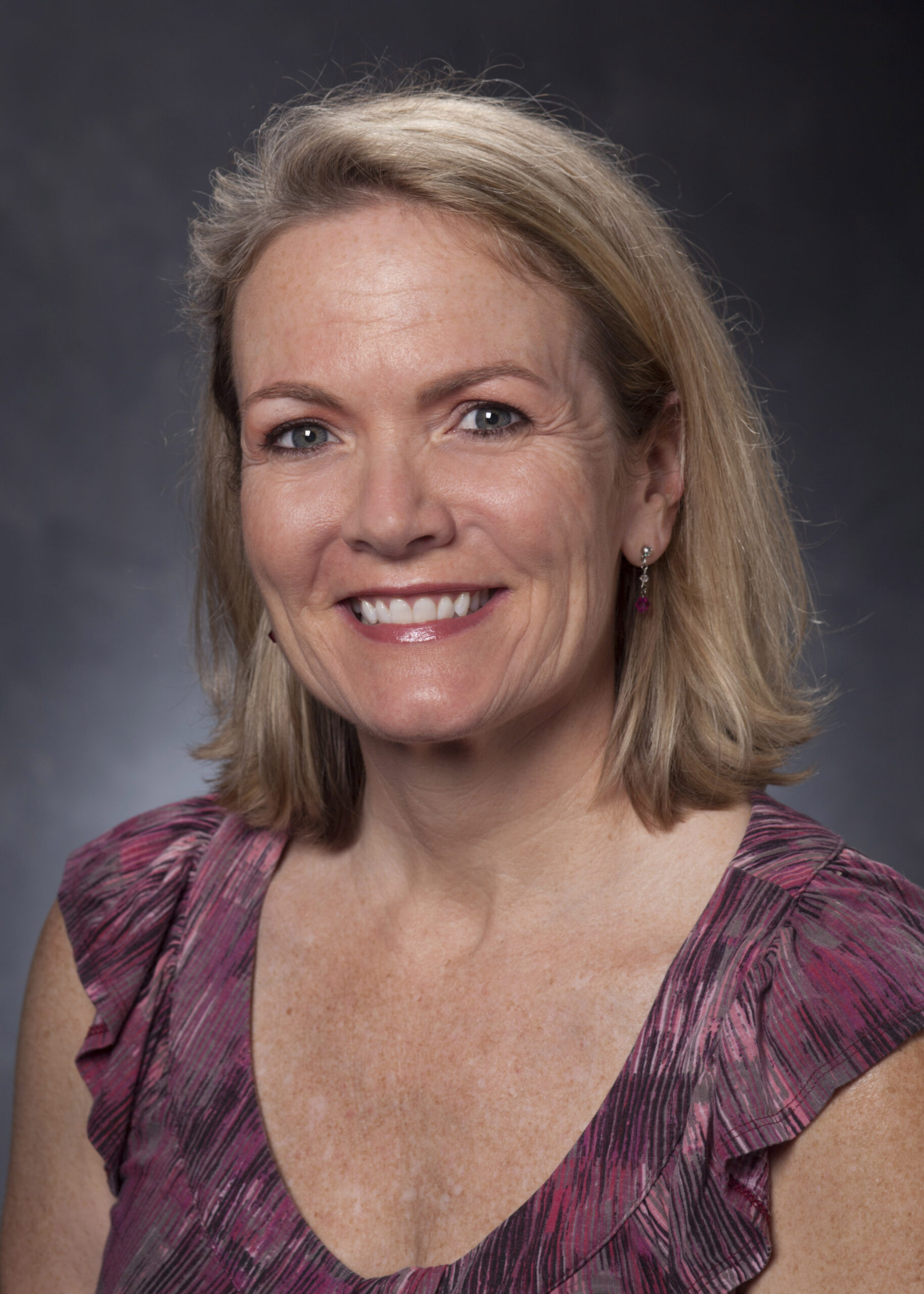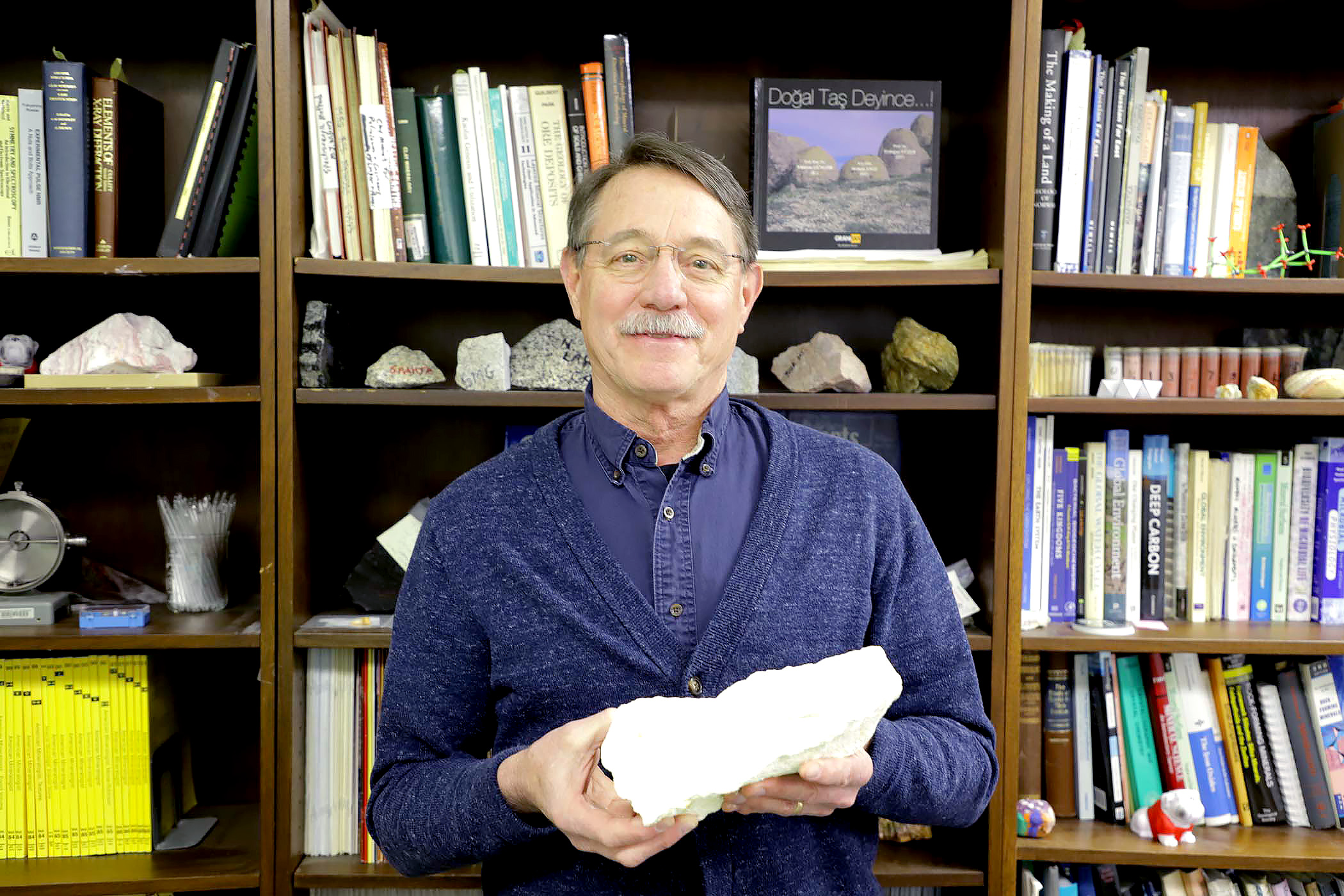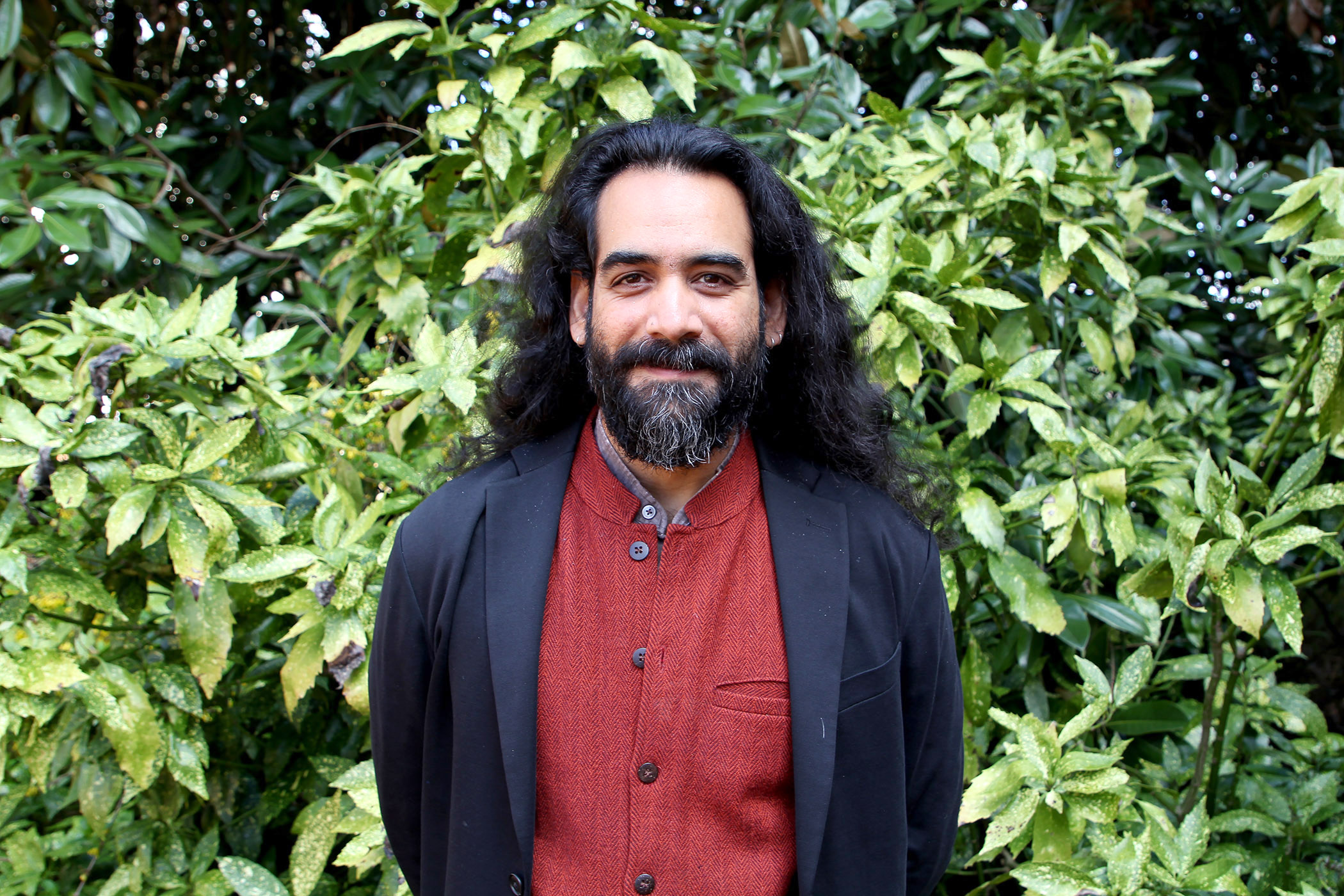Four University of Georgia faculty received a First-Year Odyssey Teaching Award in recognition of their success teaching an FYO Seminar.
The FYO Teaching Award recognizes outstanding instructors who have demonstrated creativity or innovation in instruction, connection to the instructor’s research and incorporation of FYOS program goals into the seminar. This year’s recipients have been fully engaged with their students, provided them with a strong connection to the university through their research and other activities and tied their curriculum directly to FYOS program goals.

Jeremy Gibbs, an assistant professor in the School of Social Work, emphasizes critical thinking and innovative learning processes in his First-Year Odyssey Seminar, “Queer Voices: LGBTQ Social Issues Through the Lens of Movies and TV.” In the course, students watch LGBTQ-related films and have meaningful discussions. One week the class focuses on “coming out,” where Gibbs shares research findings related to the risks and benefits of coming out, acceptance, rejection, and depression. The class is not about having the “correct” answer, but about critical thinking. The goal is to engage students intellectually and emotionally to illicit cognitive curiosity. One popular assignment is for students to present a music video to the class and analyze the content. The seminar also features in-class quizzes and surveys students can complete using smartphones. Instead of a lecture on terminology, students compete in a Kahoot online quiz game—that makes learning fun and exciting.

Hilary Hughes, an associate professor of educational theory and practice in the Mary Frances Early College of Education, has been teaching the First Year Odyssey “Bodies, Body Images, and Capitalism” since 2015. The seminar focuses on the body: all kinds of bodies and theories about the body. Class discussions focus on ways our bodies are affected and effected by capitalism, race / ethnicity, social class, religion, dis/ability, gender identities, sexual orientation, social media and more. The class aims to build community for the students. Hughes aims to really listen to her students, to learn how students are really doing. She holds time to answer questions about college life (roommate concerns; study skills; how to create time management routines; how to wake up for 8 a.m. classes). She also has a mini scavenger hunt for the students to explore downtown Athens and North campus to find Black history/culture, local music venues, place of spirituality or worship; and statues.

Students that attend Paul Schroeder’s First Year Odyssey class, “White Gold – Georgia’s billion-dollar kaolin industry,” often do not know what kaolin is when they sign up for the class. But Schroeder’s enthusiasm for clay science helps transform students into kaolin experts by the end of the 12-week class. The class starts with students being given kaolin, a white clay, and asked to taste it. From there, the class introduces students to the history and uses of kaolin. The seminar explores the kaolin industry’s economic impact on Georgia and the surrounding state and federal laws on health, environmental, transportation, land rights, and trade practices. The course highlight might be four out-of-class experiences: a campus tour of Tanyard Creek, a trip to the Georgia Electron Microscopy lab, a trip to the X-ray Diffraction lab to X-ray objects that might have kaolin in them, and a full-day trip to Georgia’s kaolin district to talk to people who work there. In the end, students write a paper with their new-found and enthusiastic kaolin expertise. Schroeder is a professor and head of the geology department in the Franklin College of Arts and Sciences.

Rohan Sikri, an assistant professor in the philosophy department in the Franklin College of Arts and Sciences, asks students to think philosophically about travel in his First-Year Odyssey Course “Wanderlust: Philosophies of Travel.” Instead of taking a quick selfie at a landmark, the course emphasizes slow travel and learning about the local people and cultures and being present in the moment. Students attend UGA’s Study Abroad fair, keep a travel journal, and develop a study abroad proposal and itinerary. The course allows students to reflect on diversity, migration / immigration, gender and politics through the prism of travel. Study materials draw from the intellectual and cultural canons of both eastern and western traditions and ask students to think deeply about travel. The course explores the idea of wanderlust in relation to identity, otherness, the construction of space, the use of technology, and states of emotional and psychological wellbeing.
